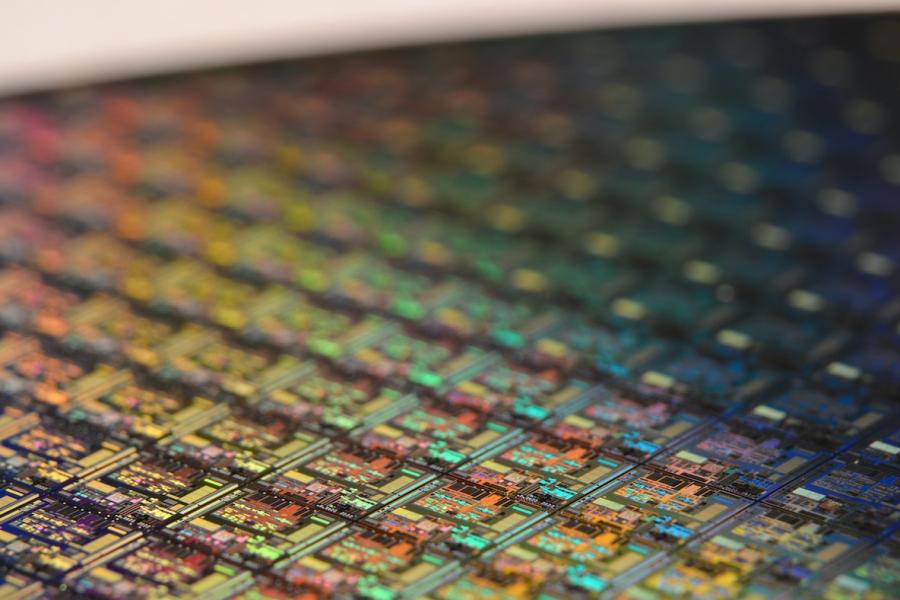
Holding chaos at bay in the quantum world
Researchers have found that quantum systems in a frozen state can be stabilized long enough to be a useful strategy for preserving information before it disappears.
 Department Homepage
The College of Arts & Sciences
Department Homepage
The College of Arts & Sciences
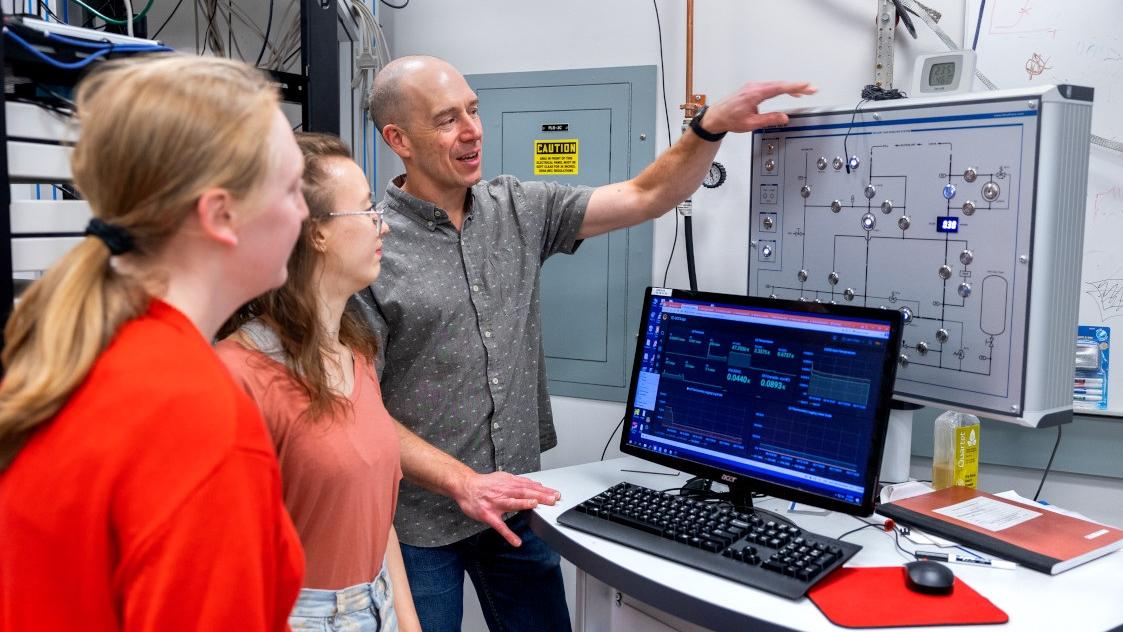
Uniquely versatile undergraduate and graduate programs, an unrivaled breadth of research training, and Nobel Prize-winning work in world class facilities, defines the Department of Physics at Cornell University as a national and global leader in physics training and education. The department has more than 40 active professors, approximately 180 graduate students and 65 undergraduate majors, and offers a full range of university-level work in physics, from general education courses for nonscientists to doctoral-level independent research.

Researchers have found that quantum systems in a frozen state can be stabilized long enough to be a useful strategy for preserving information before it disappears.
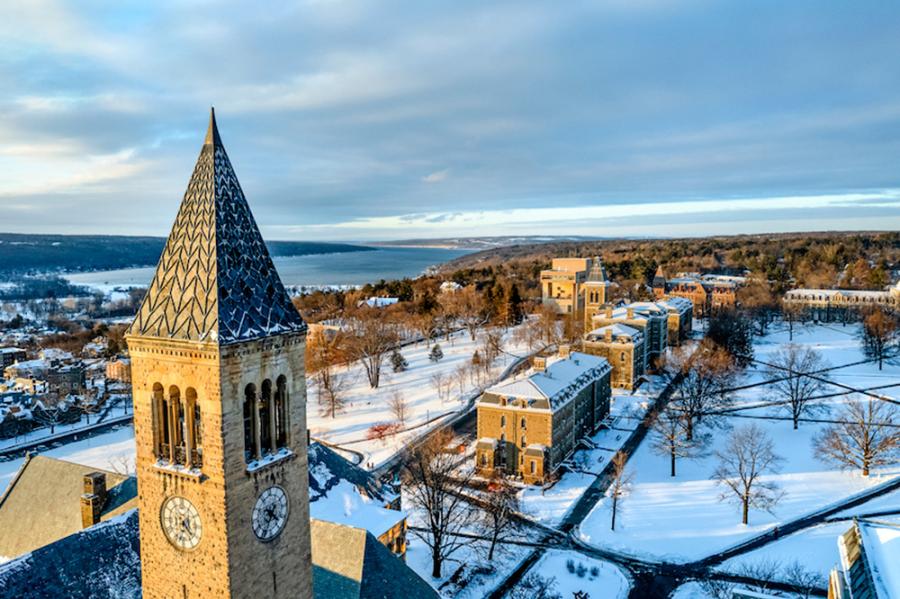
Five Cornell faculty members are among 126 early-career researchers across North America who have won 2026 Sloan Research Fellowships from the Alfred P. Sloan Foundation.
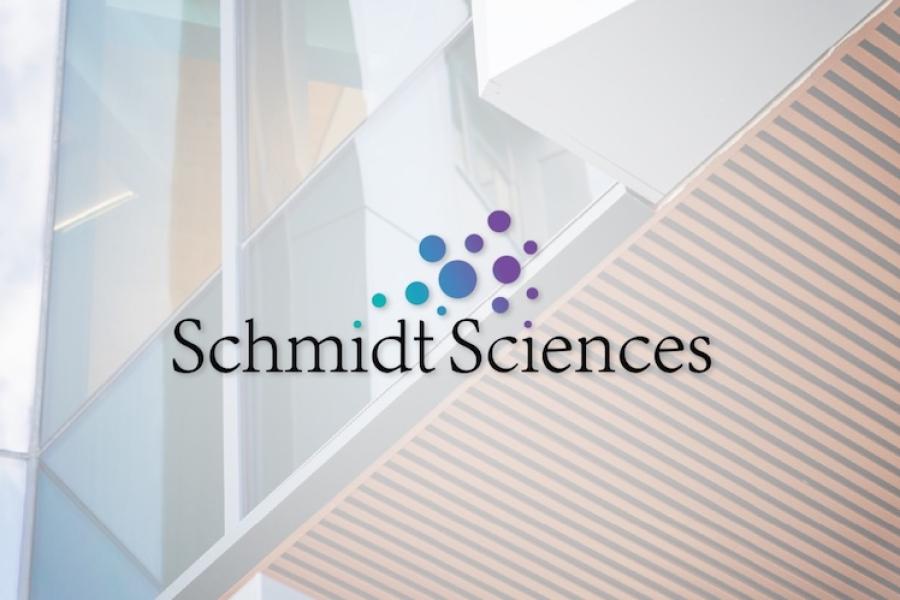
Cornell researchers interested in diverse topics ranging from peptide engineering and cellular metabolites to quantum physics and sustainable computing are among the newest cohort selected by the Eric and Wendy Schmidt AI in Science Postdoctoral Fellows program.
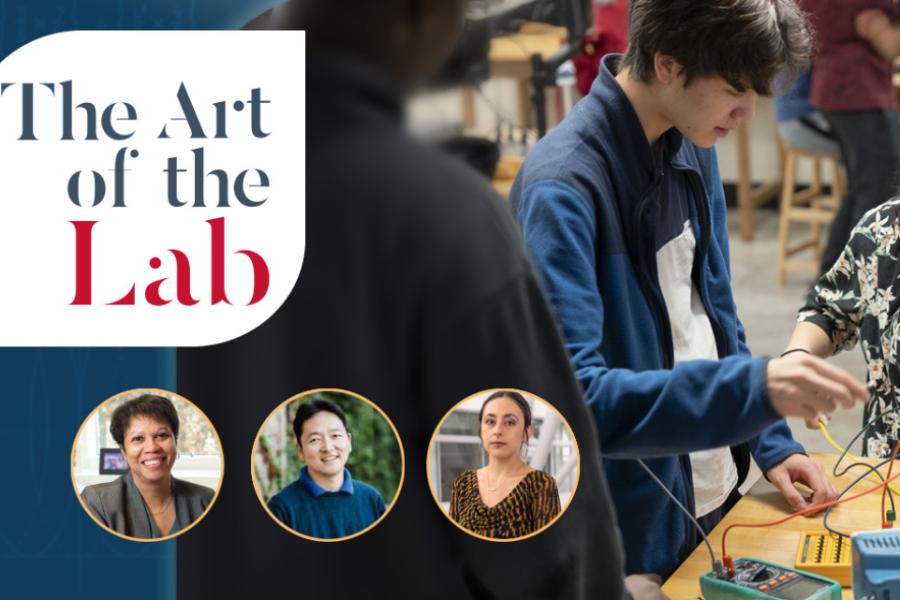
CTI’s “The Art of Teaching” series returns Feb. 11 with “The Art of the Lab.” Faculty panelists will share creative instructional approaches for designing student-centered laboratory experiences.

Four Cornell faculty members are among 99 researchers across the U.S. who have been awarded grants by the U.S. Department of Energy as part of its Office of Science Early Career Research Program.

The 12 early-career scholars will pursue research in the sciences, social sciences and humanities.
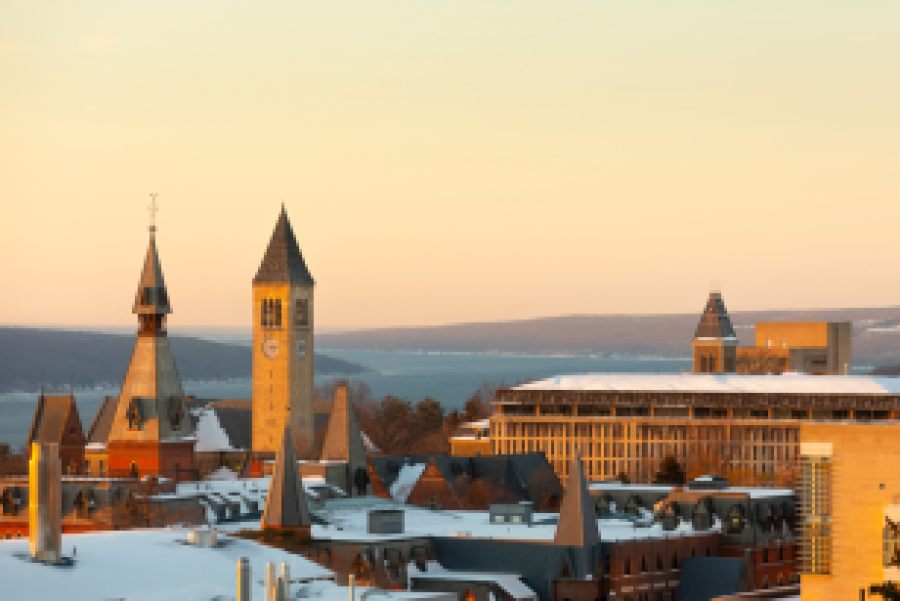
In 2026, the from the Gordon and Betty Moore Foundation will begin funding 10 two-year postdoctoral appointments including three in astronomy, chemistry and physics in the College of Arts and Sciences.
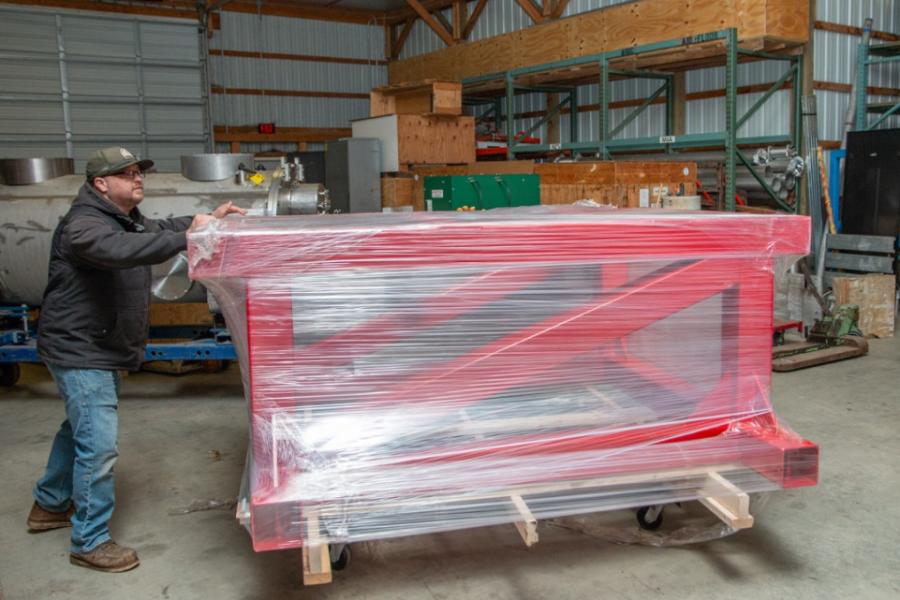
Behind a world-leading telescope bound for Chile is a team of engineers, machinists, electronics specialists and riggers at Cornell. Meet the specialized staff whose expertise is helping push cosmology to new frontiers.
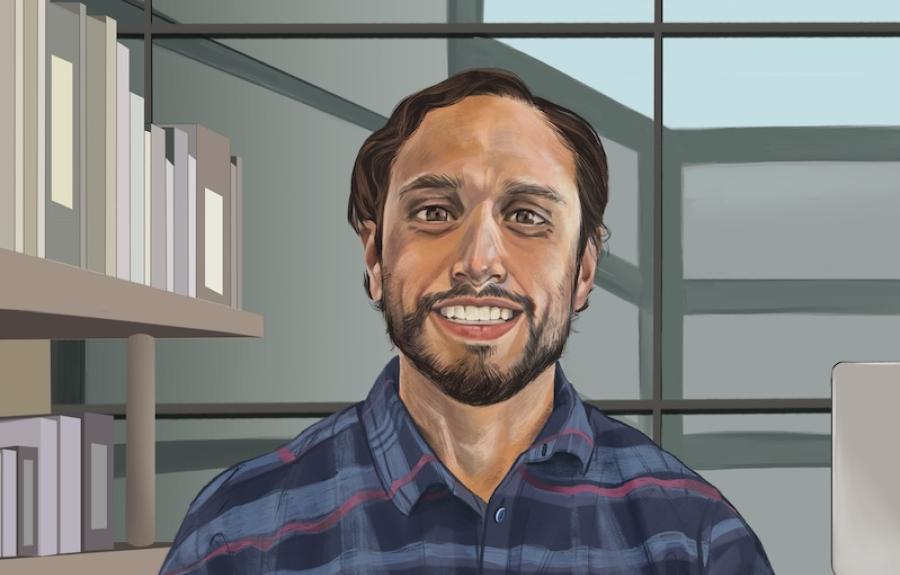
BA Physics and Math
Financial Analyst, Soccer Fan, Physicist!
Steven (he/him) turned his physics analysis skills to the field of finance. His path has led him through several different companies in various roles managing data and using complex forecasting models to inform financial decisions like product pricing, budgeting and strategic planning. In his free time, Steven enjoys reading non-fiction, soccer, and running his own stock portfolio.
The analytical and problem-solving skills from physics have been of much use to him in the corporate world
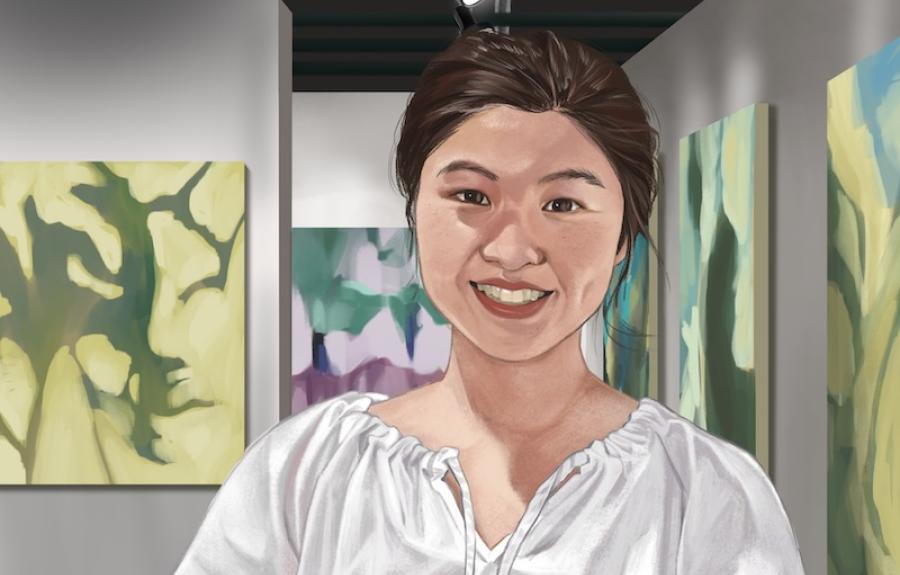
BA Physics and Art History
Art Historian, Photographer, Physicist!
Victoria (she/her) followed her physics degree with a PhD in visual and cultural studies from the University of Rochester. She then became Director of the Bannister Gallery and Adjunct Professor of Art History at Rhode Island College. Through her career, Victoria has been able to turn her passions into her work. In her free time, she enjoys baking.
The critical thinking skills she developed as a physicist have always helped her along the way.
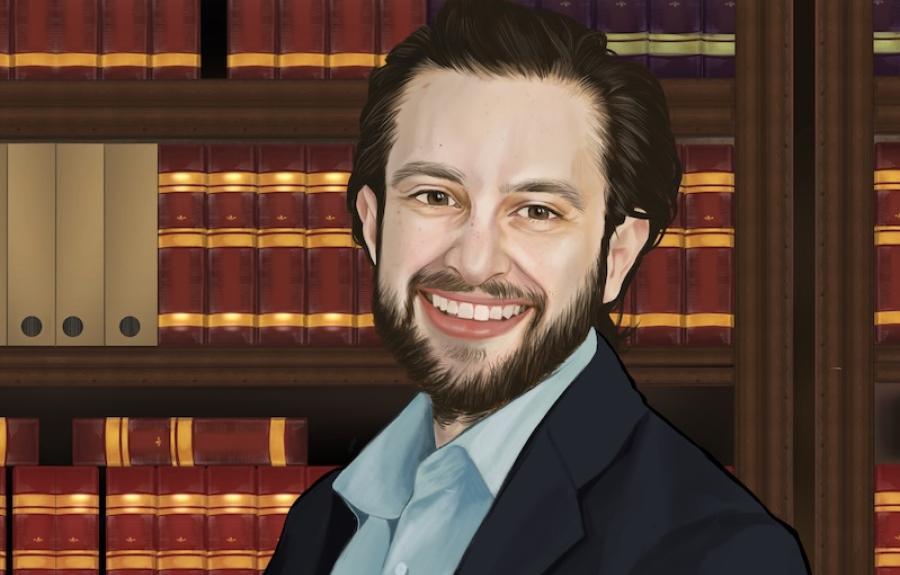
BA Physics and Economics
Lawyer, Boston Sports Fan, Physicist!
David (he/him) went from Cornell physics to Boston College where he earned degrees in law and business administration. He held several positions in both marketing and law and then became a lawyer for a biological engineering lab at Harvard. In his free time, he enjoys working on his house.
Physics has been his most valuable degree, developing his problem-solving and creative thinking skills.
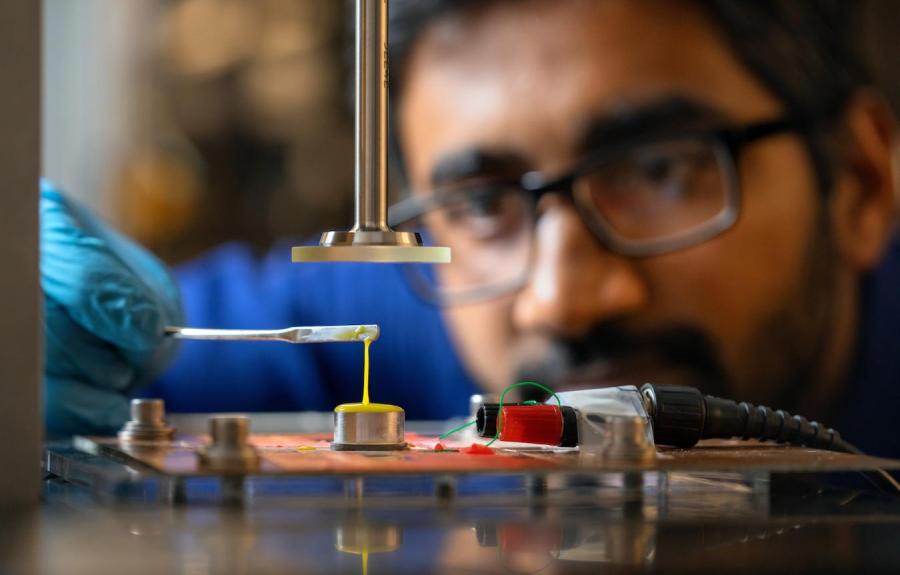
Research in the department is organized in two laboratories, the Laboratory of Atomic and Solid State Physics (LASSP) and the Laboratory for Elementary Particle Physics (LEPP). Explore the links below to learn more about the major research areas of the department and the facilities available to researchers.